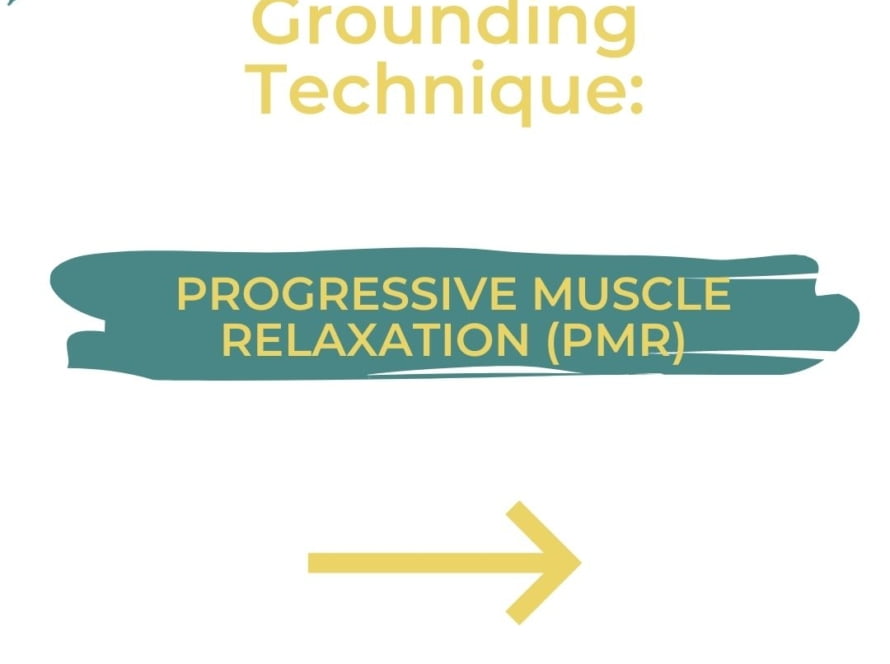Often, we believe that if we think it, then it must be true. However, your thoughts do not define you. Here is a list of 5 things that may help you when experiencing unhelpful thoughts.
These can be useful to implement not just during challenging times, but also when you feel calmer. With such practice, they may then come more naturally to you in trickier situations.
You are human. You will forget to use such techniques and try to be kind to yourself when you do. Our minds are so automatic that we could not possibly catch every thought.
Remember, find what works best for YOU!Defusion
Instead of saying “I’m useless”, try “I’m noticing that I’m having the thought that I’m useless”. The first thought can contribute to creating negative beliefs about ourselves. The second thought can help to disconnect/distance thoughts and see thoughts for what they actually are (i.e. words, language).
Acknowledging
Acknowledging does not mean surrendering yourself or you must learn to like a thought. By acknowledging it, you lessen the fight and the energy you use struggling against or avoiding a thought. You can then invest your time and energy into something more meaningful.
Naming the thought
What is the thought describing? It is “remembering”, “planning”, “judgment”? By naming it, it raises your awareness of what type of thoughts you experience, minimises rumination, and offers you an opportunity to detach from them.
Letting go
Once acknowledging and naming the thought, it can be useful to say something like “Thank you mind” or “Planning mind is here” and bring yourself back to the present moment. Things that can help being present include becoming aware of your breathing or your senses e.g. noticing things you can see/hear/feel.
Attention
It doesn’t matter too much if a thought is positive or negative, this is our own judgment we put on a thought. Rather, it’s more important to ask “How useful is this thought? You may not be able to control what thoughts you experience. However, you might be better able to decide how much attention you give it and whether giving it attention is useful.



